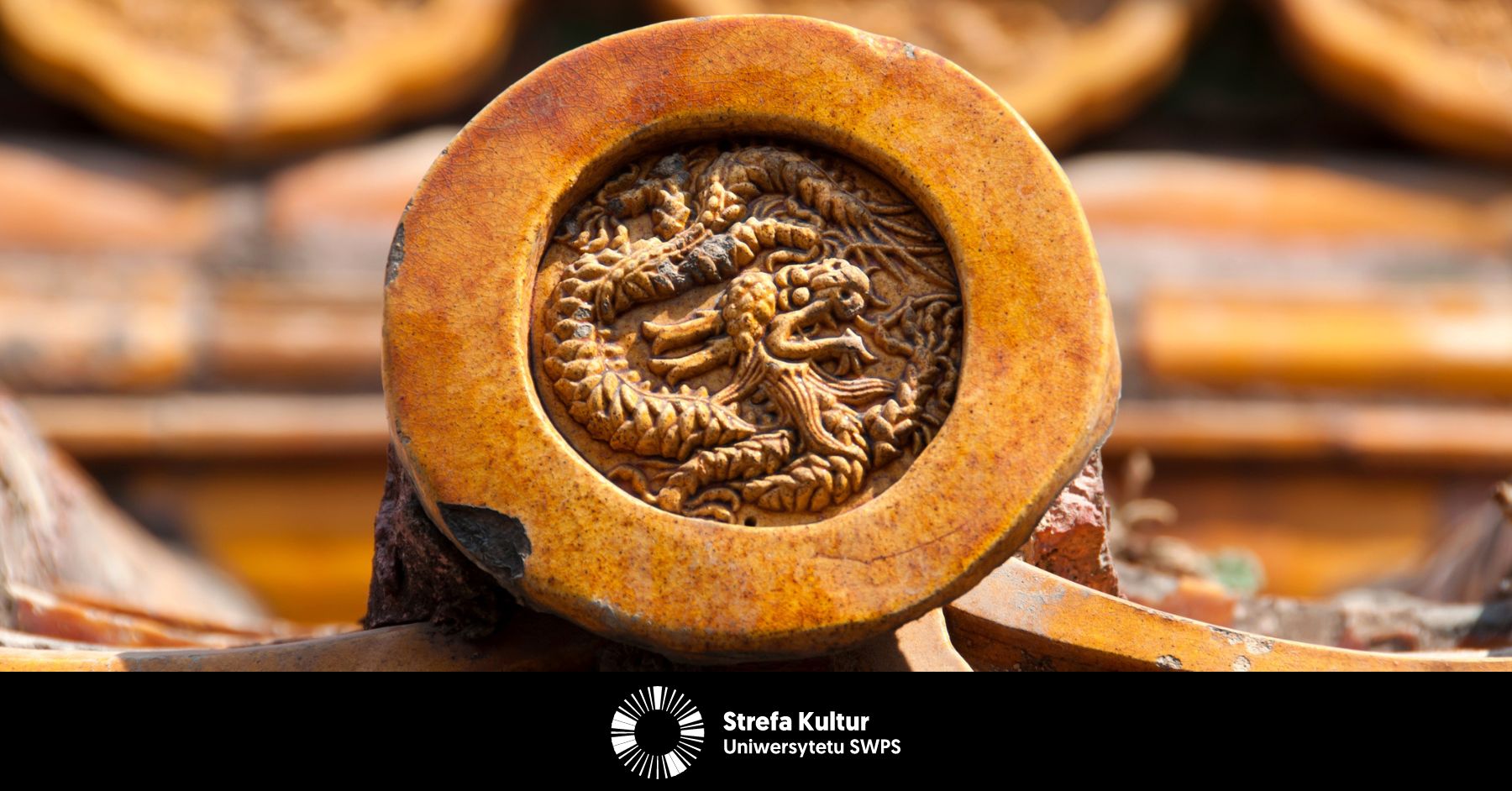Blog Strefy Kultur
Belt and Road Initiative - Professor Richard Griffiths
Rola Chin we współczesnych stosunkach międzynarodowych nieustannie rośnie. Chiny szeroko angażują się nie tylko w handel międzynarodowy, ale również w projekty infrastrukturalne, oferujące atrakcyjne linie kredytowe dla państw rozwijających się. Realizowana przez Chiny koncepcja nowego Jedwabnego Szlaku to kompleksowa strategia, która może wspomóc rozwój państw trzecich, szczególnie należących do tzw. globalnego południa. Jakie wyzwania polityczne i gospodarcze stoją przed Chinami? W jaki sposób ewoluuje koncepcja „Pasa i szlaku”? Na jakie problemy współczesnego świata może odpowiedzieć ta inicjatywa? Na te pytania odpowiada prof. Richard Griffiths w rozmowie z dr. hab. Marcinem Jacobym.
Tłumaczenie napisów zrealizowała Aleksandra Lisicka.
Kliknij tutaj, by posłuchać podcastu na Spotify, lub wybierz swój ulubiony serwis streamingowy: Apple Podcasts, Lecton.
China's role in contemporary international relations is constantly growing. The concept of the development of a society based on the idea of "living in unity", as well as economic, political or cultural cooperation is an introduction to the dialogue about the future of the world in the era of globalization. The concept of the new Silk Road proposed by China is a comprehensive strategy, the implementation of which may contribute to the development of third country markets. What political and economic challenges is China facing? How is the One Lane One Road concept evolving? What problems of the modern world will this initiative respond to? These questions will be answered by prof. Richard Griffiths in an interview with Dr. hab. Marcin Jacoby.

Professor Richard Griffiths
gość
An economic historian who graduated with a B.Sc. (Econ) (Wales) and a Ph.D. (Cambridge). He has taught in Manchester and has been a professor in Amsterdam, the EUI (Florence) and Leiden. He has worked in developing MOOCs with Leiden’s Centre of innovation and received Coursera's ‘Outstanding Educator Award for Innovation’. He has published widely on topics ranging from 19th and 20th century economic development, economic integration, political economy, development economics, ‘small states’ and, most recently, China’s Belt and Road Initiative. At present, he runs the New Silk Roads project at the Institute for Asian Studies, which attempts to place the BRI in a relevant comparative context. His recent books include Revitalising the Silk Road (2017), The New Silk Road (2018), The Maritime Silk Road (2019) and (edited with A.C. Hughes) In the Way of the Road. The Ecological Consequences of Infrastructure (2021). He is currently completing a manuscript on China and the Ports of the Indian Ocean.

Professor Marcin Jacoby
prowadzący
Sinolog, tłumacz, ekspert zajmujący się zagadnieniami polityczno-społecznymi regionu Azji Wschodniej, szczególnie Chin i Republiki Korei. Dziekan Wydziału Nauk Humanistycznych na Uniwersytecie SWPS oraz kierownik Katedry Studiów Azjatyckich gdzie prowadzi zajęcia z zakresu wiedzy o Chinach i Azji Wschodniej: literatury, sztuki i dyplomacji kulturalnej.
Professor Marcin Jacoby is a sinologist and translator. His area of expertise includes social and political issues of the East Asia region, in particular China and the Republic of Korea. He is interested in the historical and cultural roots of transformational processes of this region of the world. His research interests include Chinese classical literature and culture of ancient China. He is fluent in contemporary and classical Chinese and translates Chinese literature into Polish. At SWPS University, he teaches literature, art and cultural diplomacy of China and East Asia.
















